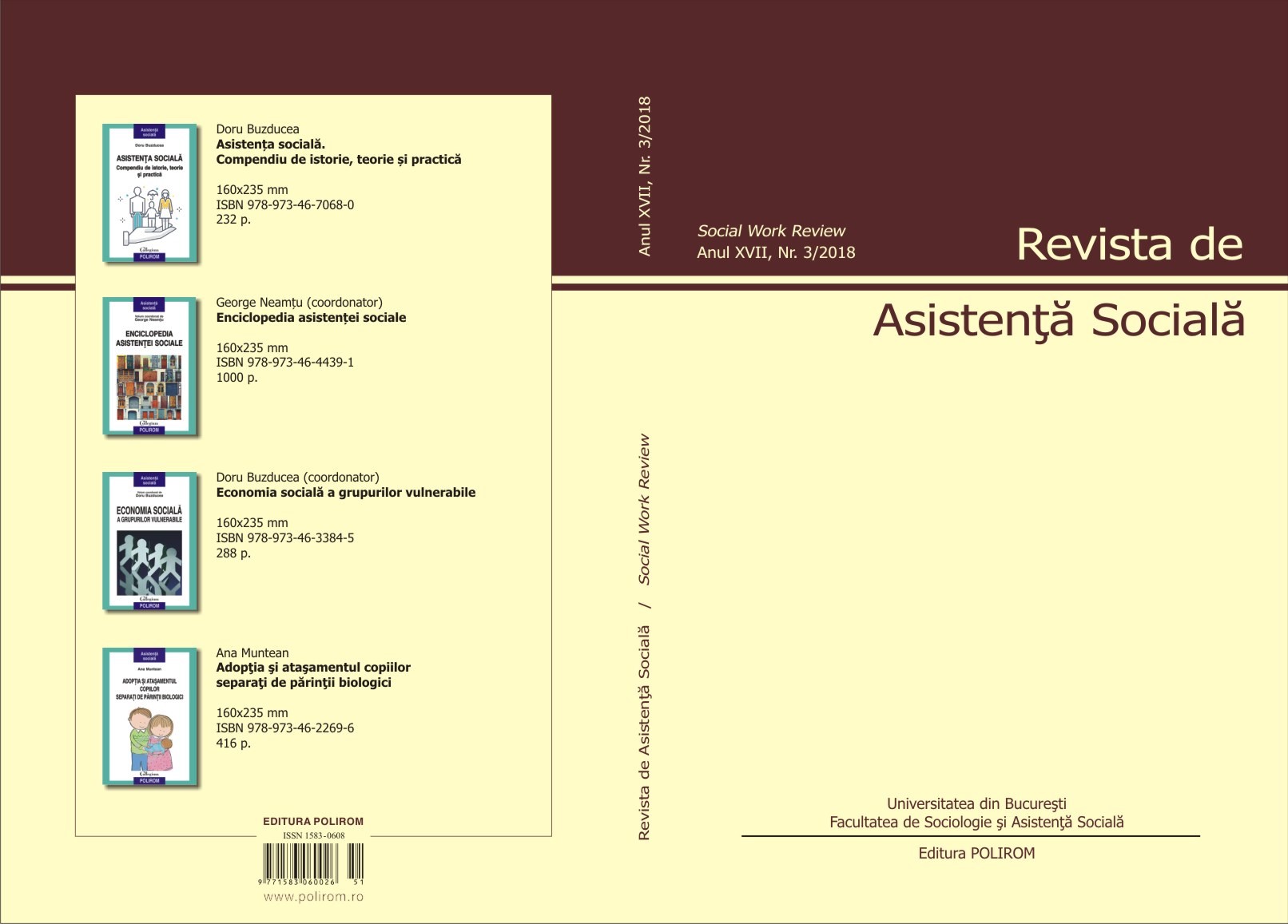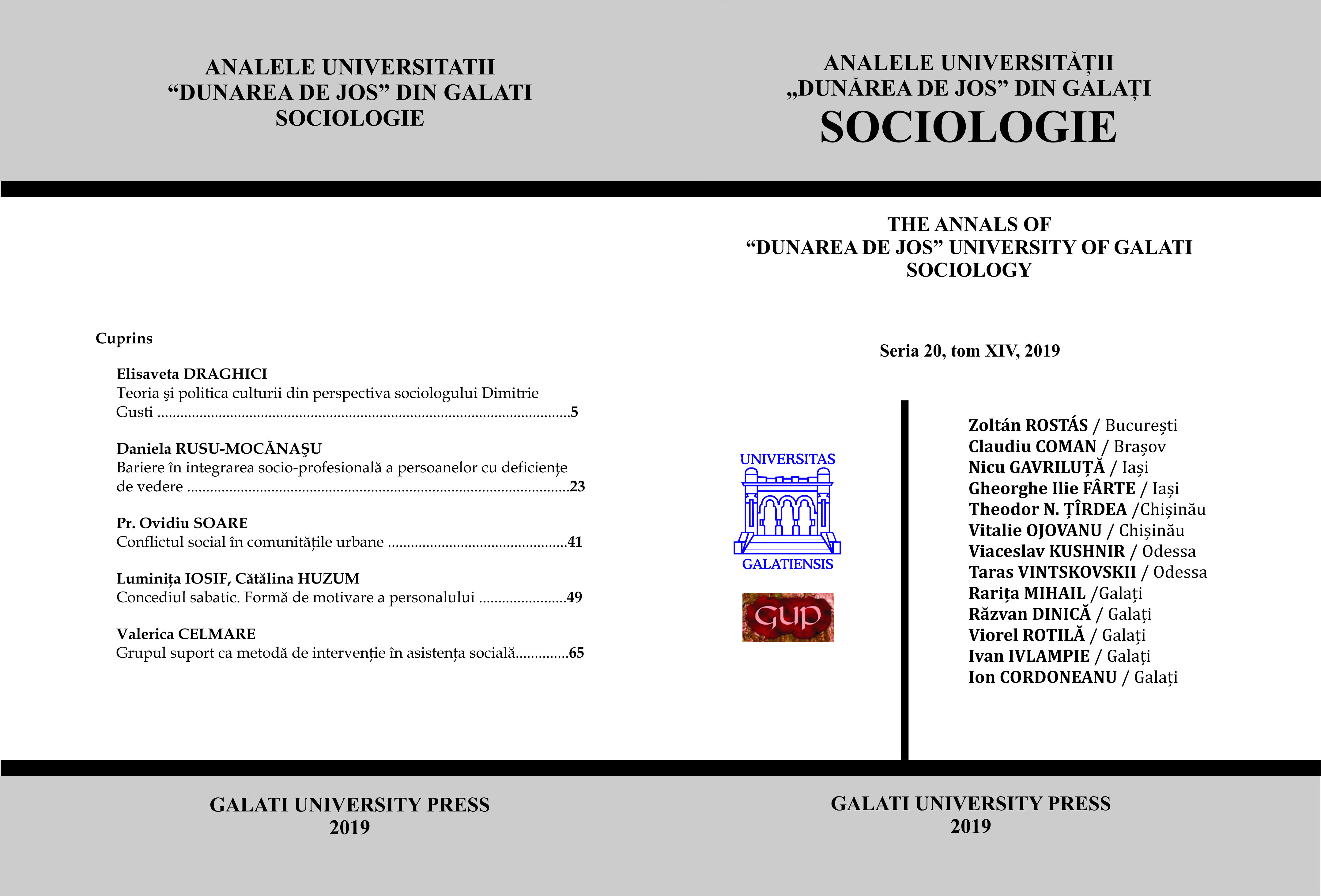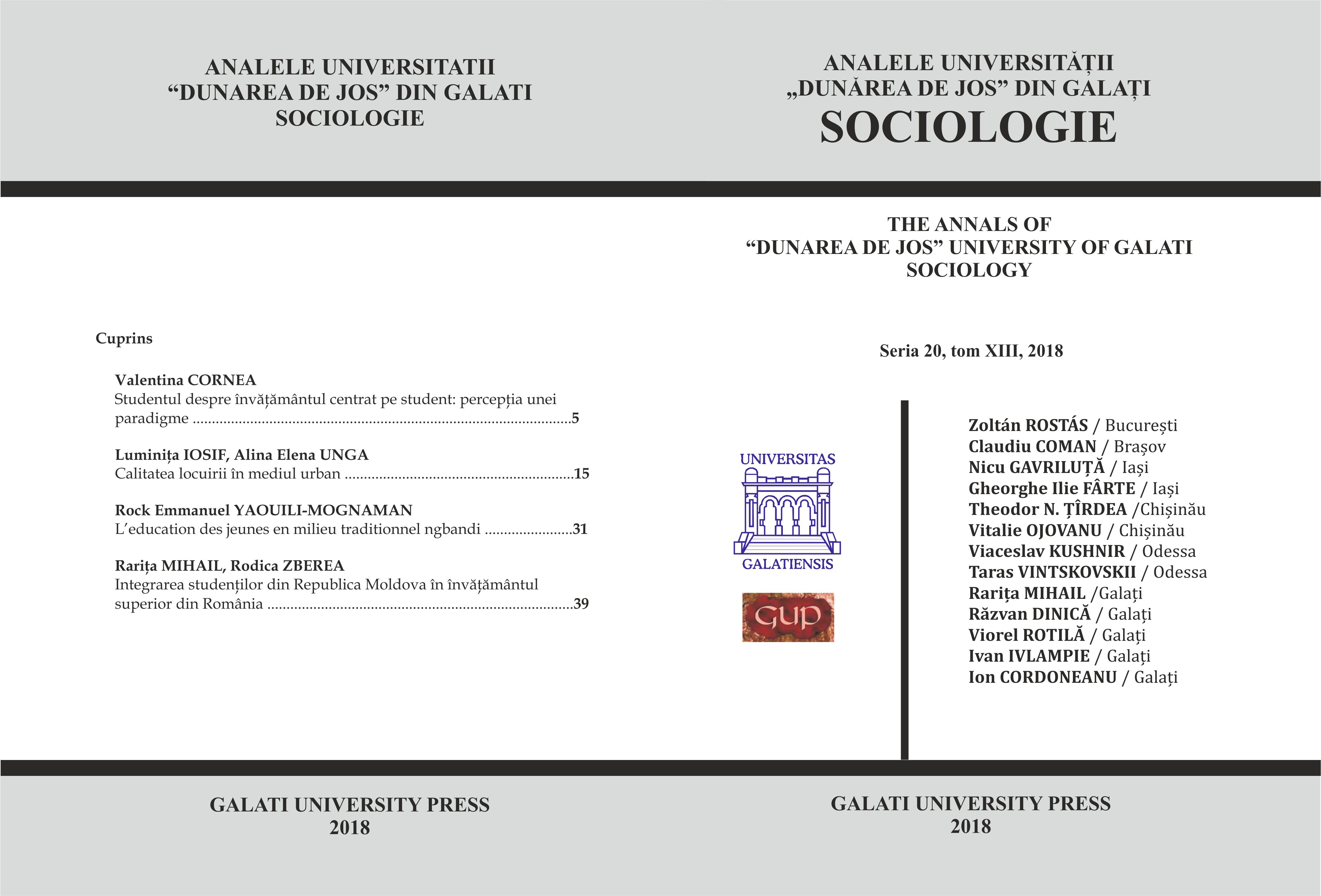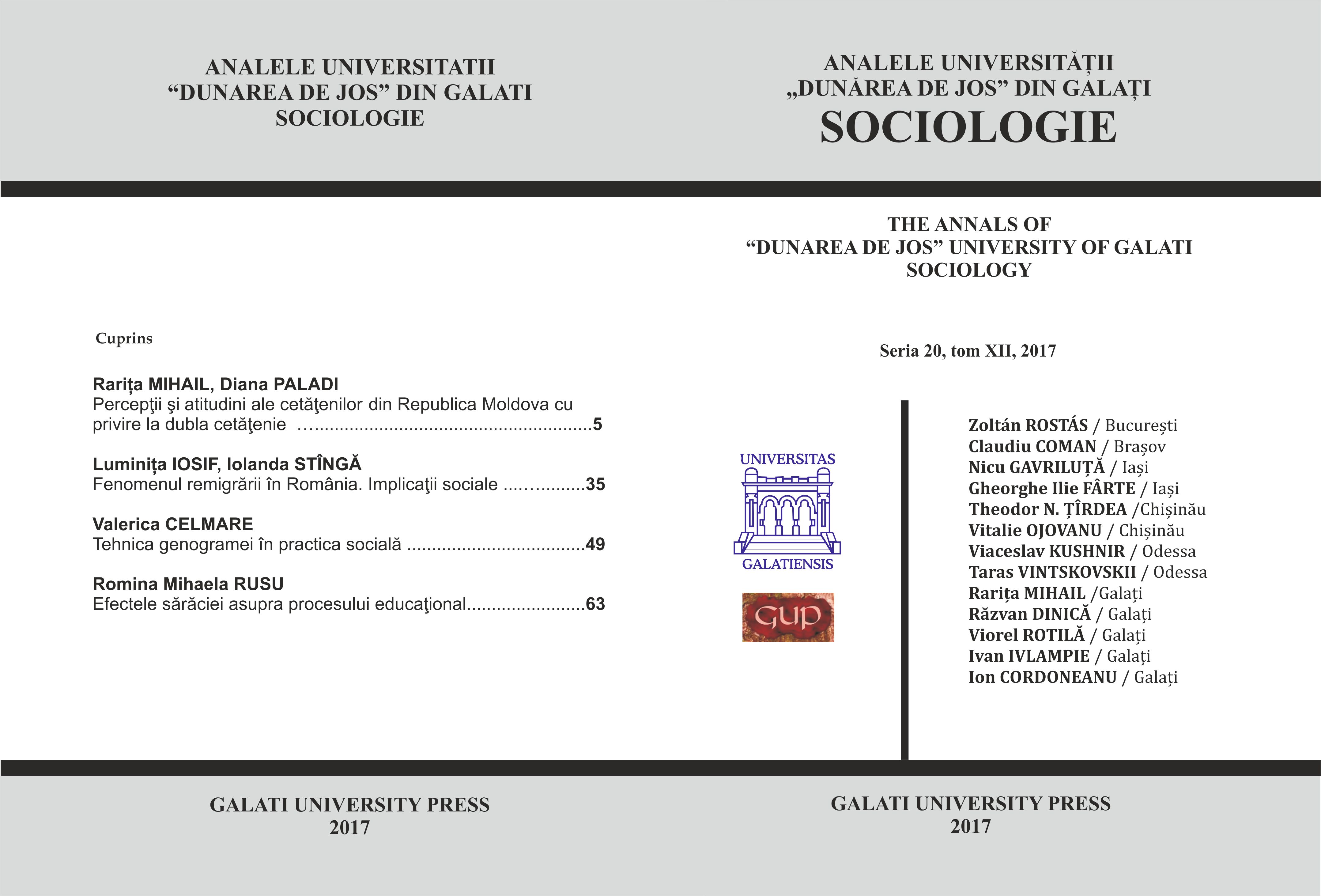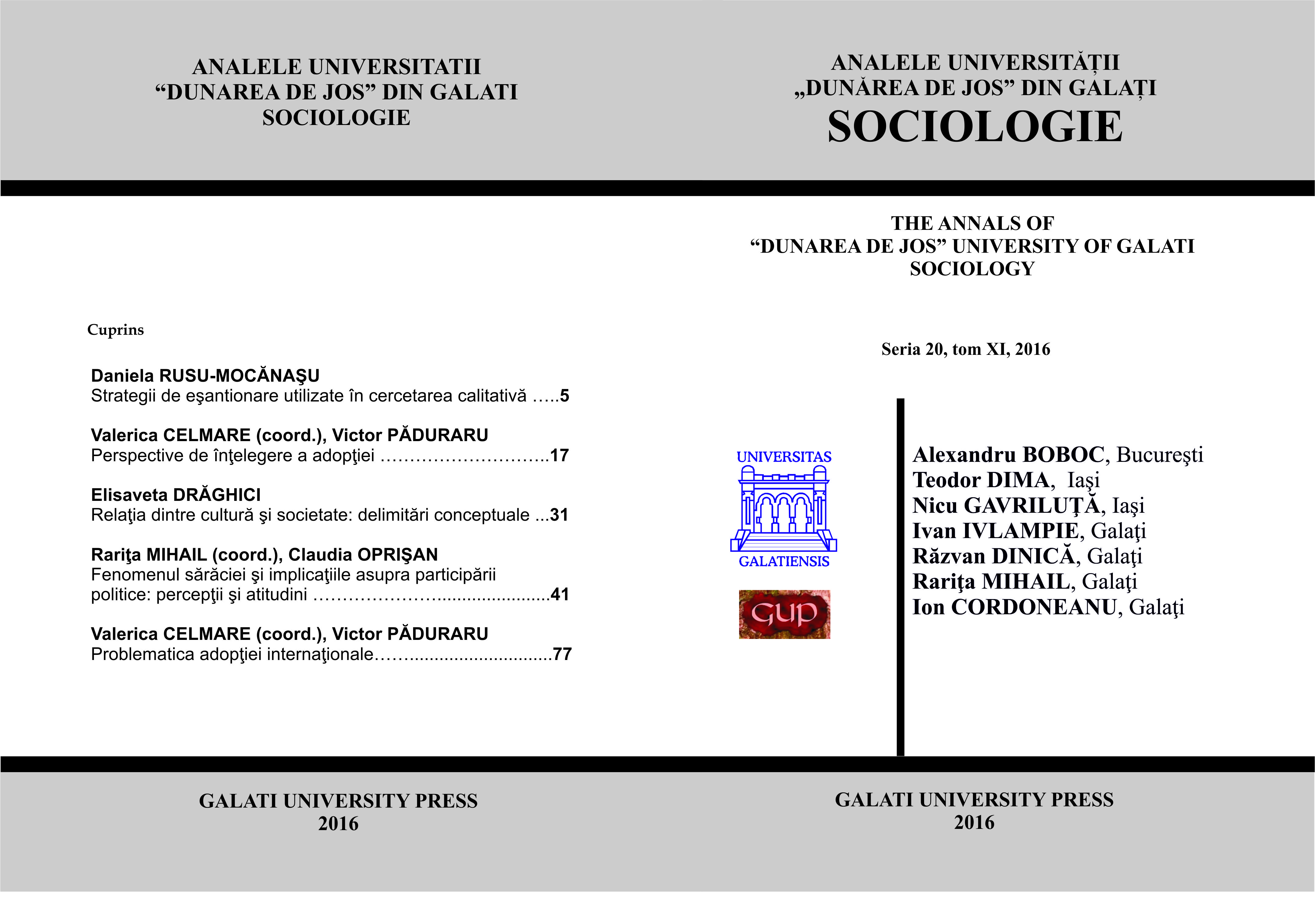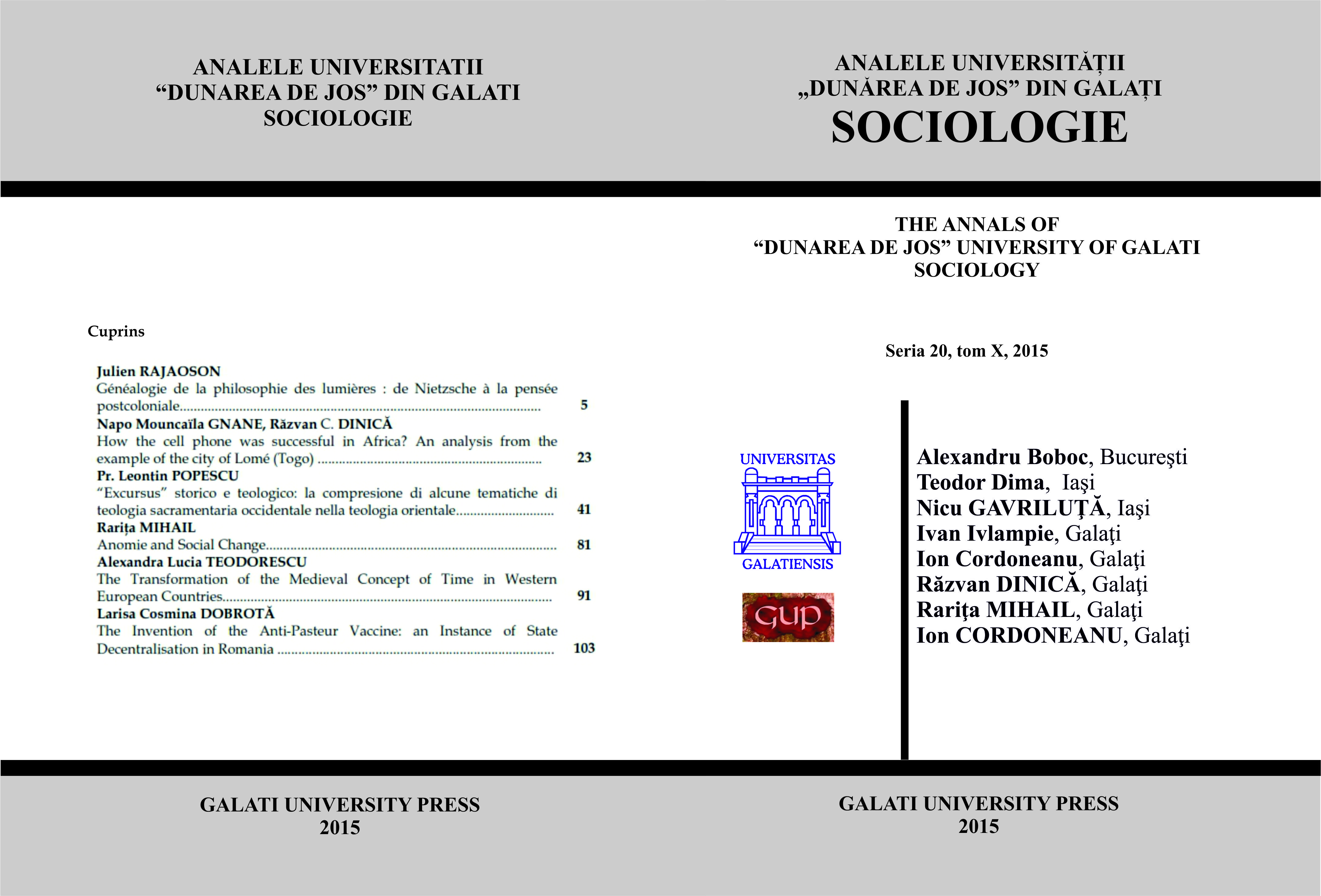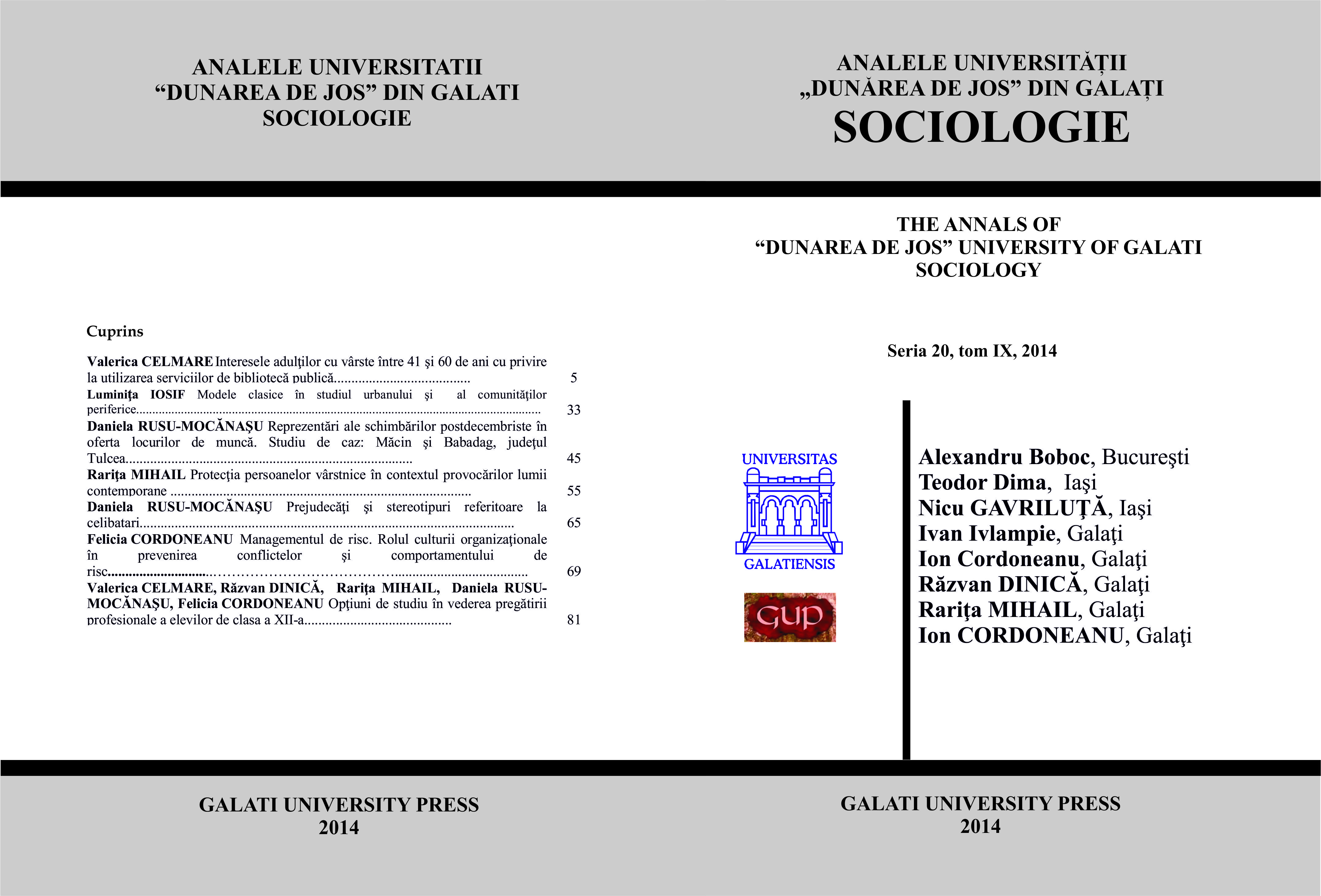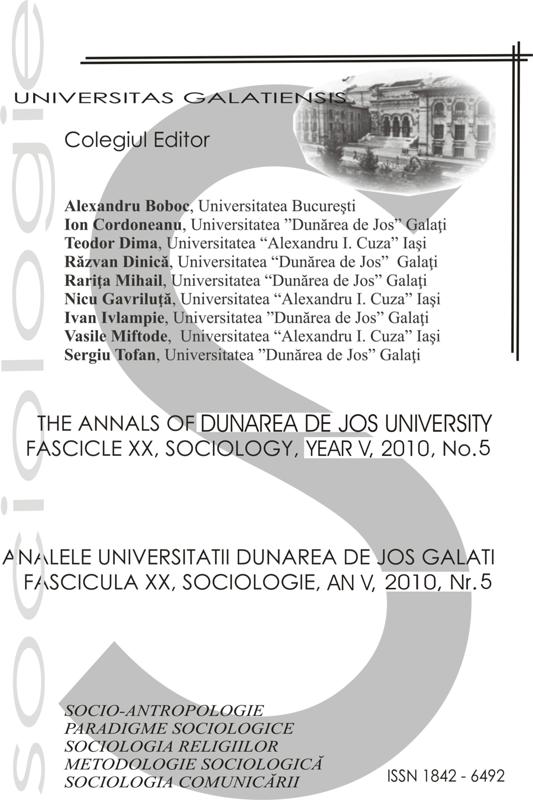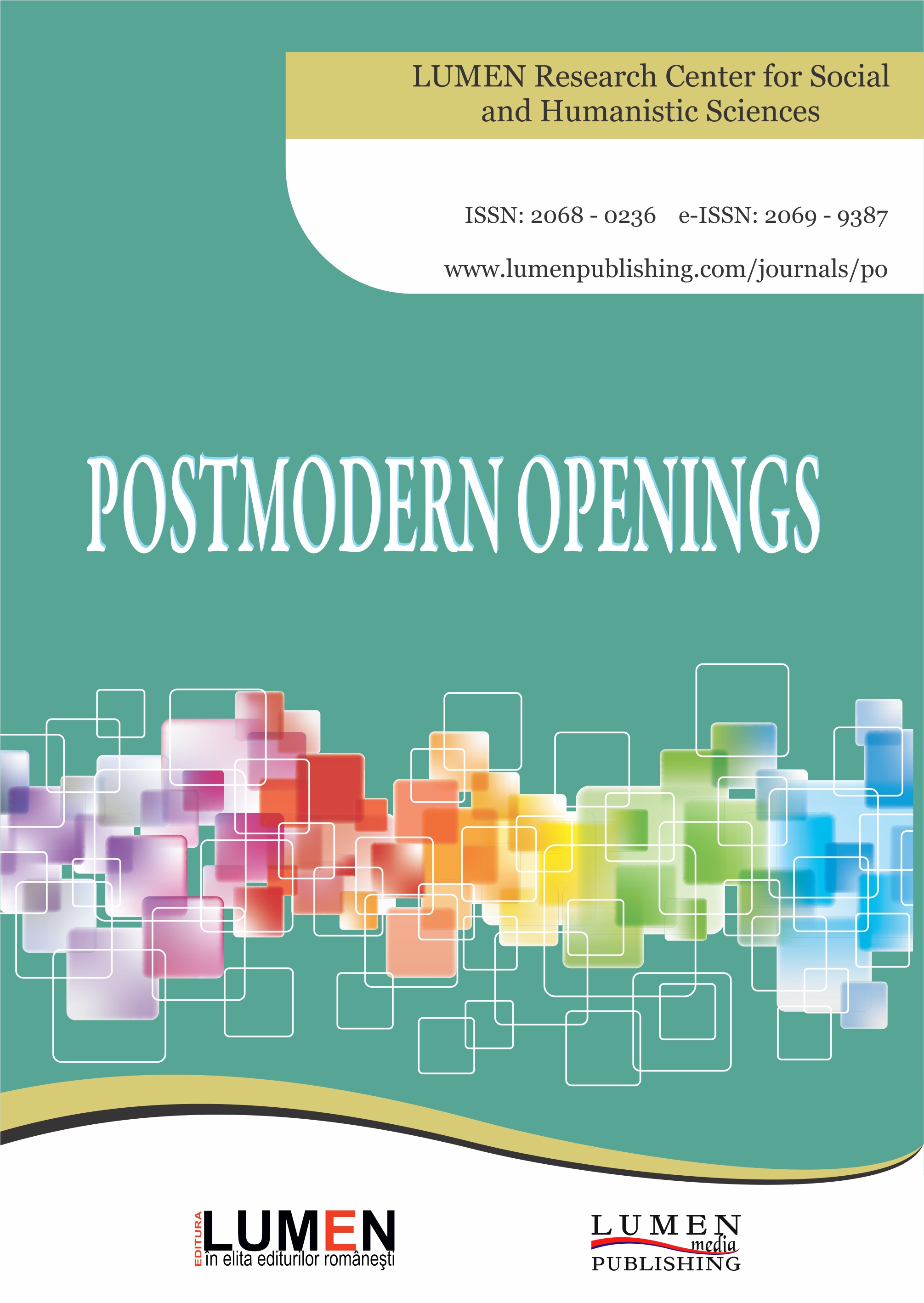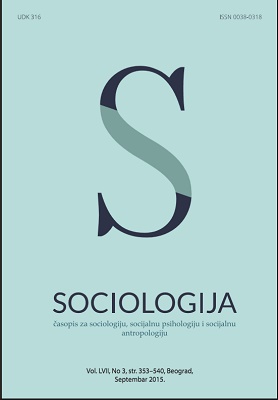
PERCEPCIJA TEMELJNOG (BAZIČNOG) DOHOTKA S OBZIROM NA NEKE SOCIODEMOGRAFSKE ZNAČAJKE NA PROSTORU SPLITSKODALMATINSKE ŽUPANIJE
As a measure of social policy, basic income represents monthly benefit unconditionally delivered by the state to all members of the society on individual basis, with the aim to secure provision of basic egsistential needs. Although the idea of basic income has long history, the concept recently became more important, particularly in the EU countries, with attempts of civic initiatives to raise the issue within the agenda of European Commission. Having in mind the lack of research in this area, particularly research on citizens’ attitudes towards basic income and possibitlites to introduce it as a measure of social policy, the research was implemented with aim to explore some socio-demographic determinants of attitudes towards basic income and motivation for work. The pilot research was conducted in 2014 over sample of 247 respondents using Questionnaire of attitudes towards basic income and Questionnaire on socio-demographic features of respondents. The research results indicated relatively positive attitudes of respondents towards basic income, while at the same time the possibilities to introduce such a measure was estimated in less positive manner. In regard to the work motivation, majority of respondents expressed their willingness to continue to work even in the situation in which basic income would be introduced.
More...
